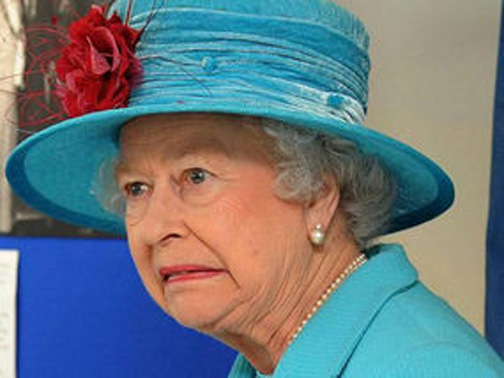In a Spiegel interview conducted by Christoph Scheuermann, novelist Hilary Mantel discusses the state of contemporary Britain, which opted for austerity in the wake of the world economic crisis, a move which seems to have been penny wise and pound foolish, costing the country some political sanity. An excerpt:
“Spiegel:
How is the Britain of today different from the country you grew up in?
Hilary Mantel:
I was born into a working class family in a village near Manchester. My grandmother worked as a weaver in a mill when she was 12, my mother at 14. That was what you did: As soon as you left school, you had to work in the mill. By the time I was a child, the mills were closing and I was lucky to get a government grant for university. In the years after the war, both big parties, Labour and the Conservatives, were becoming ever-more centrist, drawing together on a social democratic path — a period known as the postwar consensus. Maybe it couldn’t have lasted, but we perceive Ms. Thatcher as the person who knocked it down. Going to university is a seriously expensive business now.
Spiegel:
It seems as though Britain today wants to retreat from the world, as though it has become war-weary, disinterested in global affairs and obsessed with immigration. Where does this come from?
Hilary Mantel:
It’s a retreat into insularity, into a mood of harshness. When people feel they’re being mistreated, they lash out against people who are weaker than themselves, immigrants for example. What’s happening here at the moment is really ugly. The government portrays poor and unfortunate people as being morally defective. This is a return to the thinking of the Victorians. Even in the 16th century, Thomas Cromwell was trying to tell people that a thriving economy has casualties and that something must be done by the state for people out of work. Even back then, you saw the tide turning against this idea that poverty was a moral weakness. Who could have predicted that it would come back into style? It’s myth making on a grand scale, and it’s poisonous.
Spiegel:
Is there a new form of nationalism emerging?
Hilary Mantel:
I’m not sure it’s nationalism pure and simple. But there is certainly a big turn to the right in government. The populist party UKIP (eds. Note: UKIP is demanding that Britain secede from the European Union.) is on the rise; it’s the party at the moment for people who are angry. They may not know what they’re angry about, but they’re going around declaring their intention to vote for UKIP as if that’s going to make everyone terrified. It’s like, I’m holding a hand grenade, can you see it?
Spiegel:
Where does this anger come from?
Hilary Mantel:
Many people are poorer than they were five or six years ago. The last few years of austerity after the banking crisis have opened up a wider gap between rich and poor. It has taken quite a while for people to see that it wasn’t just a matter of a year or two. Transport, gas, electricity, housing: All those things that one must have are significantly more expensive. Wages remain low while the government is freezing and cutting benefits. Traditionally, working class voters would have turned to the Labour Party for remedy. But at the moment, they don’t feel that they can do that. There’s a mood of disaffection.”

